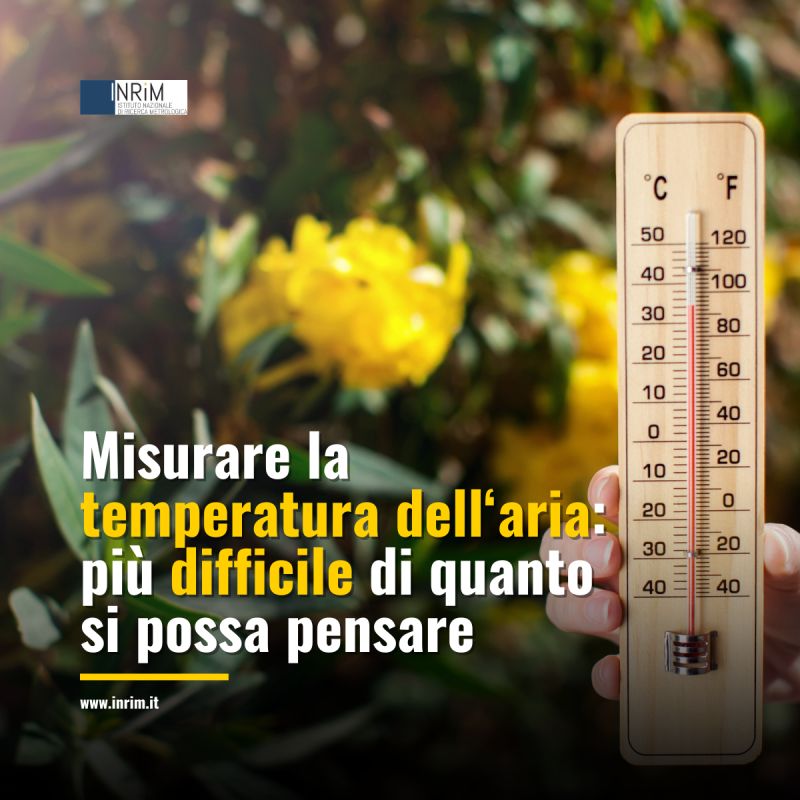
Describing the challenges the scientific community faces when measuring air temperature and presenting the European and global research projects on how to improve instrument calibration and measurement methods and the uncertainties due to external factors in order to maximize the quality and comparability of measurements are the aims of the study published in the prestigious journal “Nature Physics” by a team of researchers of the National Metrology Institute of Italy (INRiM).
Global warming is evaluated based on air temperature that has been regularly measured for over a century to calculate weather and climate models. Based on this data, the Intergovernmental Panel on Climate Change (IPCC) raises the alarm, whenever a temperature increase of 1.5 or 2 °C compared to pre-industrial values is observed.
To carry out measurements, thermometers are used which, from traditional mercury instruments, have evolved into highly sophisticated electronic systems. However, the measurements are affected by multiple factors that can introduce errors and uncertainties, including solar radiation, presence of wind, interactions between the sensor and the environment, as well as the absence of a definition of “air temperature”. All this makes it almost impossible to define univocal procedures for the calibration of thermometers in air.
Since we are approaching temperature values that could trigger worrying scenarios, it is important, according to Andrea Merlone, Director of Research at INRiM, that scientific disciplines focus on this global priority. And metrology can contribute to solving an underestimated problem “that we didn’t even think we had”.
In fact, Merlone explained that “Studies on climate change are based on the so-called “annual or monthly abnormalities,” i.e. relative changes in air temperature as compared to reference periods. Using this method, we can observe global warming in a very specific way and confirm the work that climatologists have carried out over the last decades. The improvement that metrology is now aiming for is to give further support to air temperature measurements to capture trends more quickly, accurately, absolutely and with greater measurement sensitivity. We will also increase the ability to compare data coming from stations in different locations and environments: from the poles to Everest, from deserts to coastal areas.”

